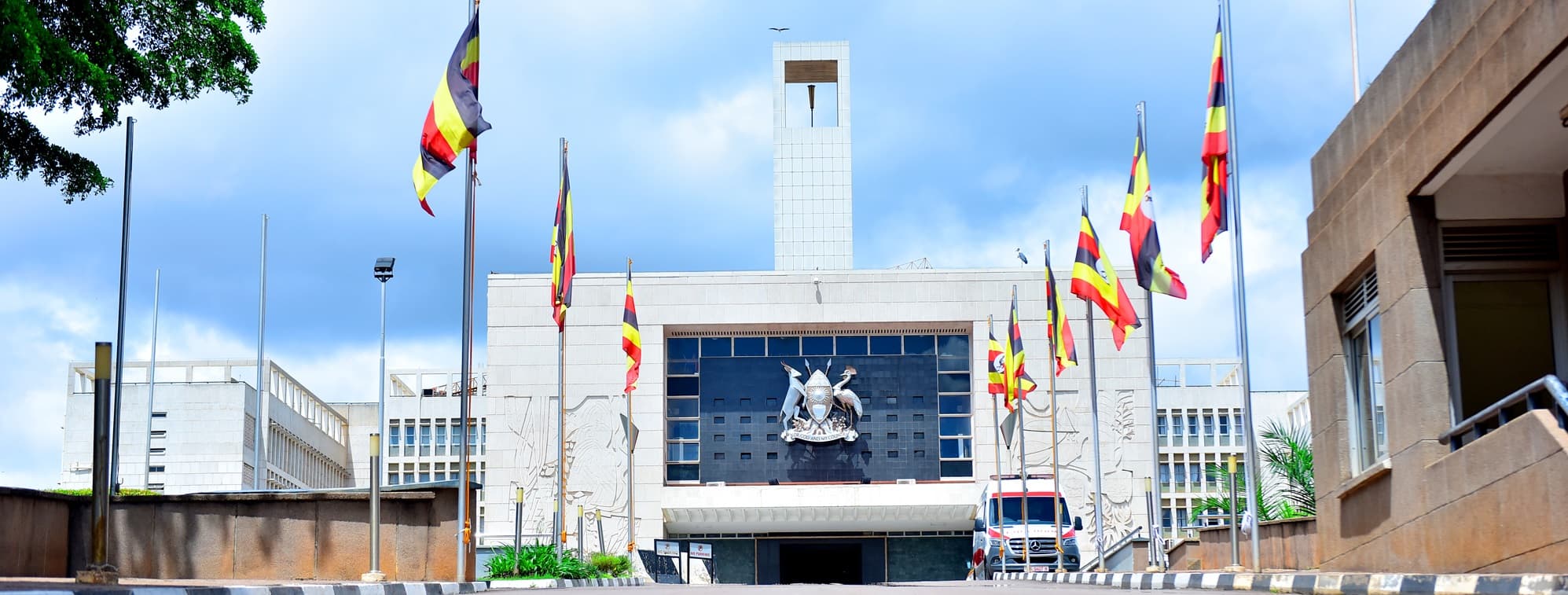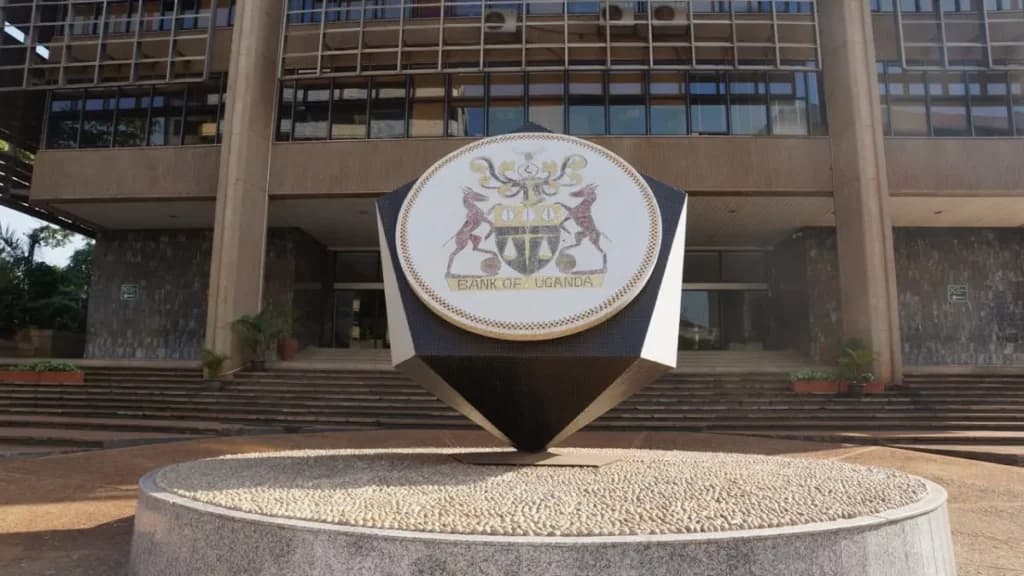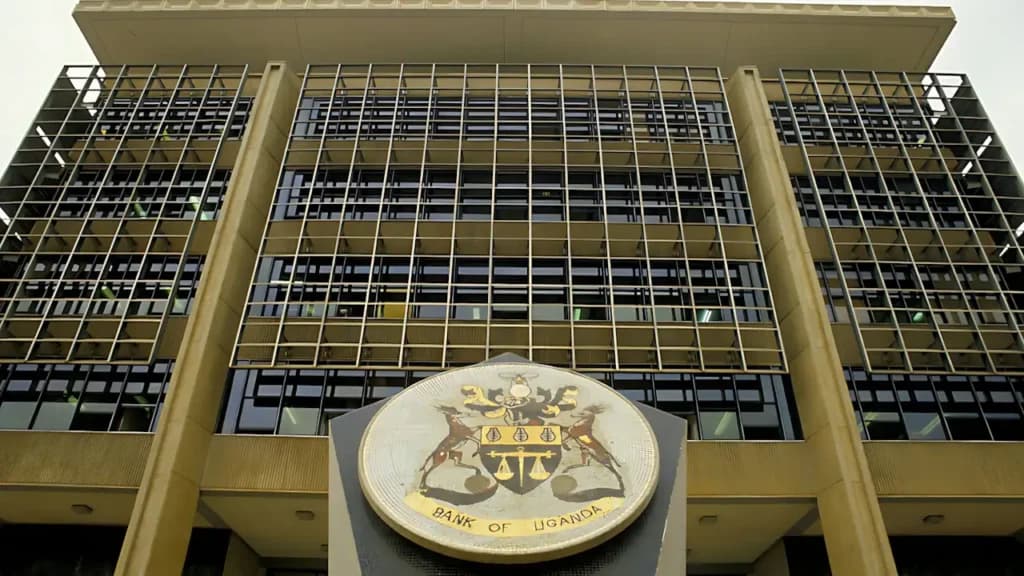Hidden Drain On Development: Uganda Bleeds 1.7 Trillion Annually To Money Laundering

Uganda is grappling with a significant financial and governance challenge: the annual loss of over Ugandan Shillings 1.7 trillion to money laundering and illicit financial flows (IFFs). This figure, equivalent to roughly $500 million, represents a major drain on the country’s economy and poses serious threats to development, financial integrity and national security.
According to reports by the Uganda Revenue Authority (URA) and the Financial Intelligence Authority (FIA), these losses stem from various illicit practices including trade-based money laundering, corruption, tax evasion and the use of front companies to launder proceeds of crime. Trade mis-invoicing alone, where importers and exporters deliberately falsify the value of goods on invoices to move money illicitly accounts for a significant portion of the losses.

The impact of this leakage is profound. Resources that could fund roads, schools, hospitals and public services are instead siphoned out of the country or disguised as legitimate wealth. In a nation where public budgets are stretched and basic services often underfunded, the consequences of such losses are stark. Economic growth is undermined and trust in financial and public institutions eroded. A deeper look into the issue reveals that Uganda’s informal economy, weak enforcement mechanisms and limited capacity of oversight bodies have made it easier for illicit financial activity to thrive. The FIA has reported that import over-invoicing alone has cumulatively cost the country trillions over several years. Additionally, the corruption embedded in both the public and private sectors provides fertile ground for laundering activities to persist.
Efforts have been made to address these challenges. Uganda was recently removed from the Financial Action Task Force (FATF) grey list after implementing several anti-money laundering reforms. These included strengthening the legal framework through the Anti-Money Laundering Act and improving the country’s national risk assessment protocols. However, implementation remains a challenge due to resource constraints and limited inter-agency coordination.

Uganda’s fight against money laundering is not just a technical financial issue, it’s a governance and development challenge. Every shilling lost to illicit flows is a missed opportunity to improve the lives of ordinary citizens. The 1.7 trillion shillings lost annually should serve as a wake-up call to policymakers, enforcement agencies and civil society to take decisive action. Without strong, sustained efforts, the country risks continued financial hemorrhage, stagnated development and weakened public trust.
